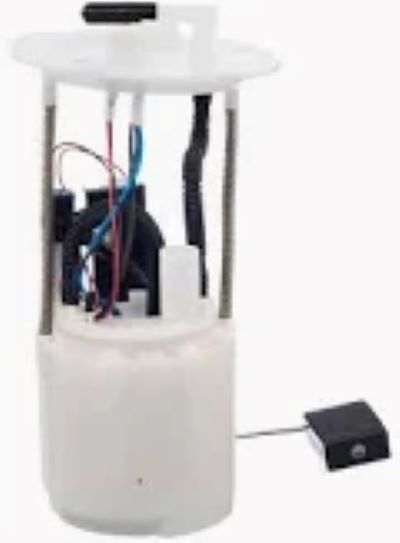Keeping an eye on fuel pump health is especially important to maintain optimal vehicle performance and longevity. A good measurement of how the fuel pump is doing can be measured in pressure, typical range falls between 30 and 50 psi for most cars. If this drops below, that can be a first sign of potential times ahead. An Automotive Research Center study pegs the percentage as high as 20 percent of vehicle breakdowns due to fuel pump failures, so avoiding potential repair costs can pay off over the long term.
This too happens when the fuel pump is in trouble:@safety.catchIt Crying or grinding usually indicate worn parts due to wear and may have incurred damage. Auto expert and mechanic Eric The Car Guy says, “A loud fuel pump is a red flag that should be checked immediately,” emphasizing the importance of addressing possible problems as soon as they become known.
Another important step is to check the fuel filter. A clogged filter restricts this flow and makes the pump work harder — and last less than half as long, in some cases. It is advisable to change the filter on a regular basis, ideally at around 30,000 miles, as this improves pump efficiency and results.

Monitoring the fuel economy of your vehicle is another good way to determine the condition of your fuel pump. Or, one sign that your fuel pump may be having difficulty delivering fuel properly is a sudden reduction in mileage. On average, a 10% in fuel economy upturns links to malfunctions regarding pump issues. As automotive analyst John McElroy says, "Fuel efficiency is a great barometer of the overall health of your car, so it's crucial to address any problems quickly."
Diagnostic tools will give you real-time readings on how each fuel pump is performing. If your car is less than 30 years old, its built-in diagnostics are also capable of detecting all sorts of fuel system issues. You can catch potential fuel pump problems before they cause serious damage by doing regular trouble code scanning. These tools allow the user to diagnose typical fuel system problems often in under 75% of the time it takes using current methods.
Finally, inspect and secure the electrical connections and wiring of d downstream fuel pump. A loose or broken connection can cause a intermittent failure in performance. In fact, some studies claim that power type problems make up around 30% of fuel pump related issues so a full-on diagnosis is very important.
A properly working fuel pump means plenty of lead in your foot… or sitting comfortably by Shea… With these monitoring procedures, the owner of any car can keep their fuel pump running as it should and avoid expensive repairs. For details concerning fule pump choices click on below Fuel Pump